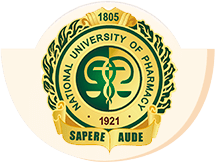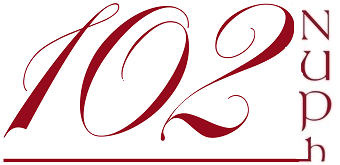![Pislyavoyenny-j-period.-193x300[1]](https://en.nuph.edu.ua/wp-content/uploads/2016/07/Pislyavoyenny-j-period.-193x3001.jpg)
In 1944 the institute was re-evacuated to Kharkiv. The building in 12 Melnikova Street was half-destroyed. The associate professor Y.G. Borysiuk was once again appointed as the director of the institute. During the years of war German occupants robbed and destroyed almost everything at the departments. The only thing that the institute managed to save was the library – both scientific one and students’ books as well.
In the winter term of the academic year 1944-1945, it was almost impossible to implement the studying process of the institute because of the absence of fuel, and there were no conditions for carrying out scientific work. The total amount of damage caused by German fascists invaders reached 378 730 Rubles.
Till the year of 1945 the coworkers of departments together with their students mostly had been restoring laboratories, lecture rooms and creating necessary conditions for studying and scientific activity.
Practical training was an important element of studying process. First time students had their practical training at a drugstore after the sixth term during nine weeks. Its purpose was to acquaint future specialists with the peculiarities of the work of pharmaceutical chemists and to give them the opportunity of professional skills obtaining. The next practice continued eleven weeks; it was after the eighth term. In the course of this training, students studied the basic foundation of drug store management, the work of control and analysis laboratories specializing at galoon preparation production. It was mentioned in the reports of institute administration that in the first years after the institute return from the evacuation students’ practical training at drugstores was carrying out in more favorable conditions than practical training at factories and laboratories that had suffered the greatest losses from German occupancy.
In December 1945, there was a significant event for KhPhI: it was the first after-war specialists’ graduation. The war took its impact on the studying process that’s why the next graduation was in winter time. In that time, in 1945, 50 people got the diplomas; four of them got the degree with distinction for excellent marks, 30 – with the average rate of “excellent” and “good”, 16 people had average rate of “satisfactory”.


